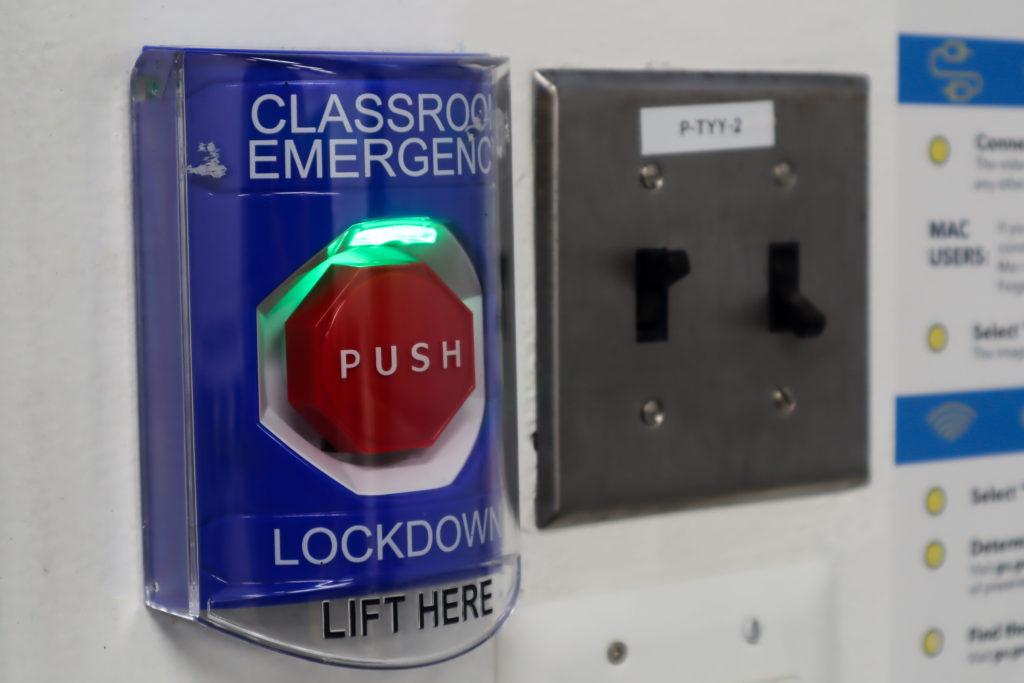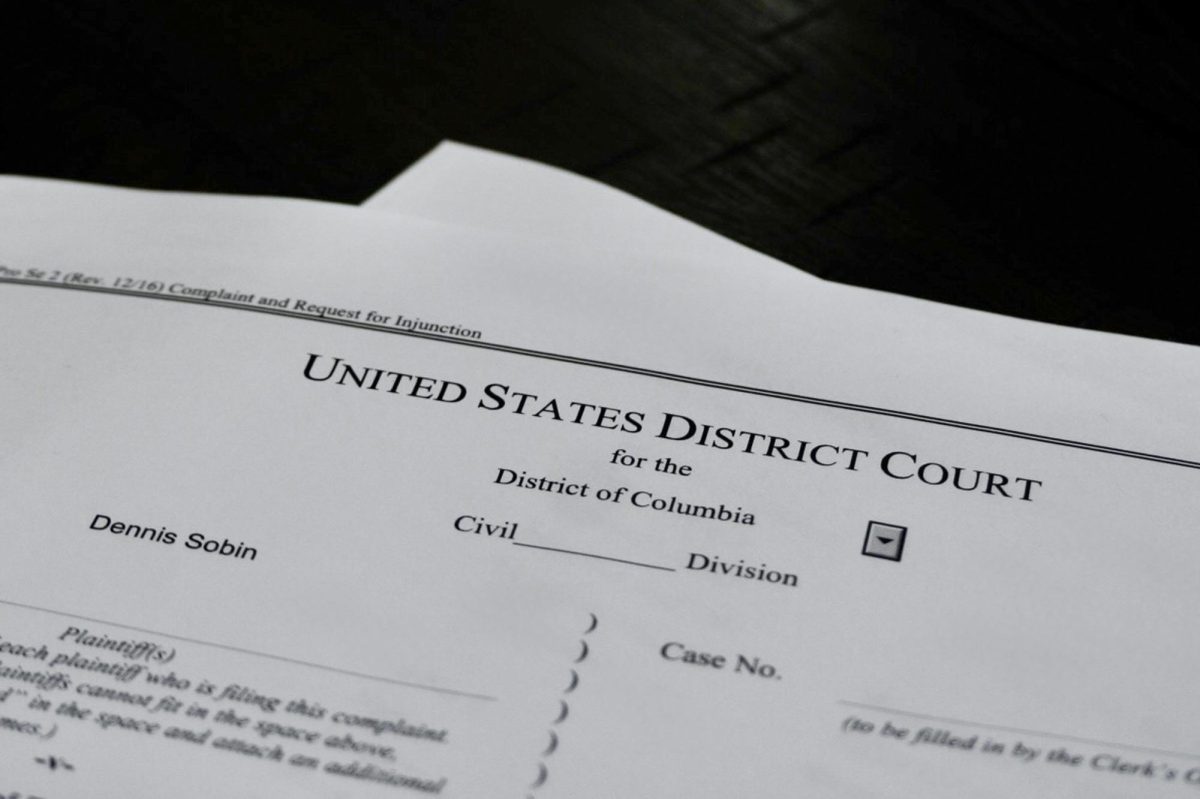GW announced Thursday it will cancel classes and evacuate residence halls on the Foggy Bottom campus Sept. 27 to Oct. 2, in anticipation of demonstrations outside the World Bank and International Monetary Fund meetings.
In an August 30 letter to University President Stephen Joel Trachtenberg, Metropolitan Police Chief Charles Ramsey “respectfully requested” that GW close campus from the evening of Sept. 27 to Oct. 1 to allow MPD to establish a security perimeter and ensure the safety of students and staff. D.C. officials expect as many as 100,000 visitors and protesters that weekend.
Although the meetings are scheduled for only two days Sept. 29-30, GW agreed to the request for a five-day closure because of the large number of protesters anticipated. About 5,400 students living on campus will not have access to their residence hall rooms for four days and five nights during the meetings. Four area hotels reported being sold out for that weekend already.
Trachtenberg said he could not ignore MPD’s request to close the campus.
“It’s crazy,” Trachtenberg said. “If you are the guy who’s accountable for the safety of people’s lives and the police say we’ve got an issue here, and you’ve got to close, you don’t have a lot of flexibility.”
Ramsey made three requests in his letter to GW. Ramsey asked to use the Smith Center as a police staging area and parking garages around campus, access to the Marvin Center to provide meals for police and use of Lisner Auditorium to house an IMF-related meeting. In his response, Aug. 31, Trachtenberg agreed to the first two requests but rejected the third citing the University’s standing as a “neutral institution of higher learning.”
Classes will not begin after 4 p.m. Sept. 27 and all campus buildings will be locked by 8 p.m. that day. Classes beginning before 4 p.m. will continue until their scheduled conclusion. Residence halls will re-open 11 a.m. Oct. 2 and classes will resume at 4 p.m. that day.
Columbia Plaza residents, even if they signed a lease through GW, will not be affected, Assistant Director of Media Relations Bob Ludwig said.
Tuesday and Thursday classes will be made up Dec. 11. Friday classes will not be rescheduled, and Monday classes will be rescheduled for the following week on Columbus Day.
Vice President for Communication Michael Freedman said the University could not guarantee the safety of its students during the meeting.
In Genoa, Italy, the site of the recent G8 summit, an estimated 50,000 protesters clashed with nearly 20,000 riot police. One protester was shot and killed by police. There may be “one-third the number of law enforcement officials for what could be twice the size of the demonstrations,” Freedman said.
“We should expect that there might be efforts to take over our buildings . and there is little (MPD) can do to help us get them back,” Freedman said. “From the start they’ve been telling us the best we could do was shut down.”
The University is planning to provide emergency services to students who have exhausted all other options for travel plans during the protest weekend, Vice President for Student and Academic Services Robert Chernak said.
Emergency, interest-free loans of up to $600 will be available to students for travel. The loan is available to students who do not have more than $500 on their tuition bills and is due Dec. 21.
The University will also provide subsidized travel including round-trip bus transportation to designated drop-off points within 250 miles of the city and assistance to students who live more than 600 miles away.
Chernak said housing options are available in the Virginia area for students who are unable to return home. All students in need are required to complete a request form available on the Community Living and Learning Center Web site by Sept. 14 at 5 p.m.
Freedman said the University wants student feedback, particularly on the issue of travel costs.
– Russ Rizzo, Jason Safdi?, Shaina Schallop and Seth Goldman contributed to this report.





